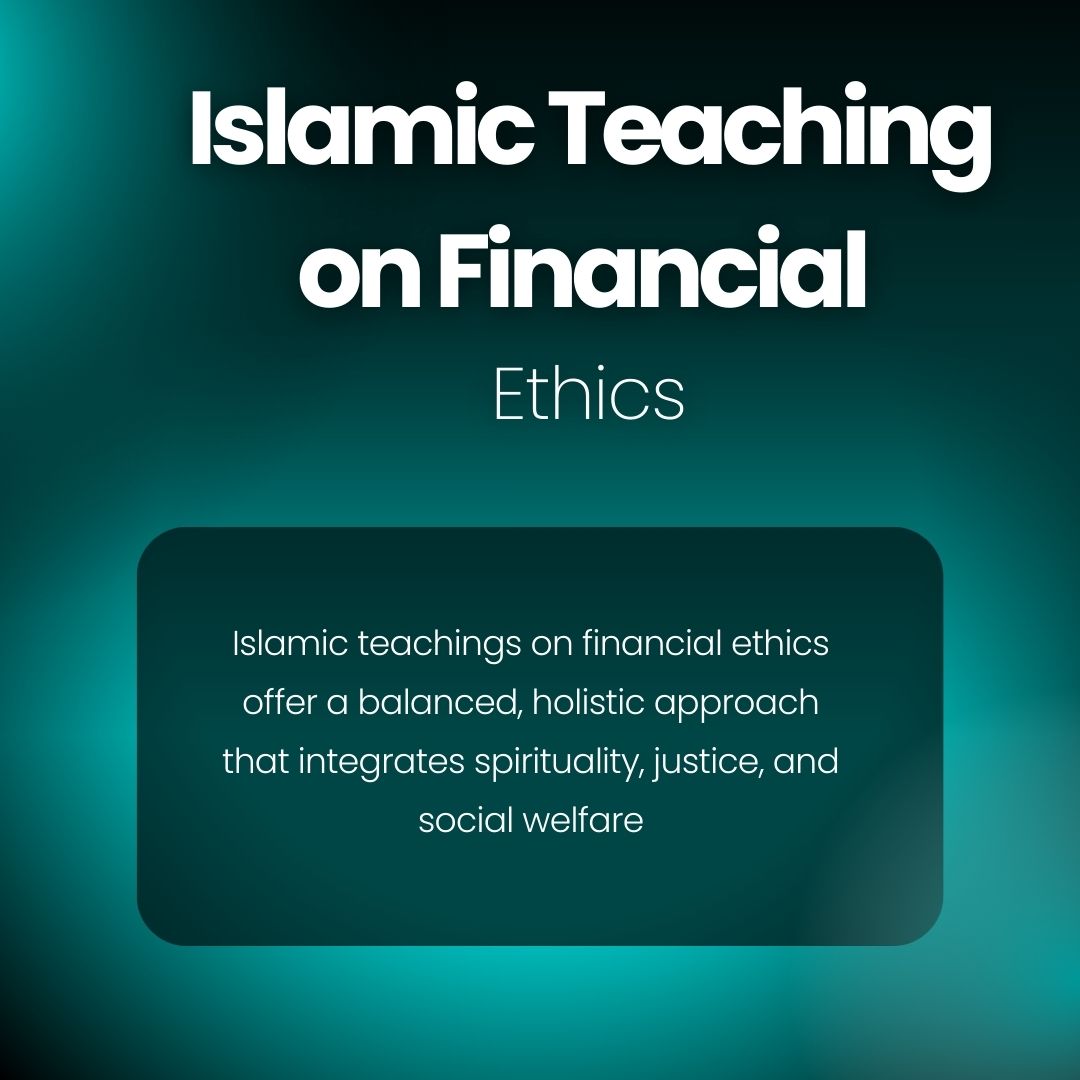Islamic Teachings on Financial Ethics
Islamic teachings provide a comprehensive framework for financial ethics rooted in justice, fairness, and social responsibility. These principles are derived from the Quran, Sunnah (traditions of Prophet Muhammad, peace be upon him), and the consensus of Islamic scholars. The objective is to ensure that economic activities promote well-being, equity, and harmony within society.
The Foundation of Financial Ethics in Islam
At the heart of Islamic financial ethics lies the concept of Tawhid (the oneness of God), which implies that wealth is a trust from Allah and should be handled with responsibility. Muslims are encouraged to pursue lawful (halal) earnings and avoid unlawful (haram) means. This spiritual foundation establishes that wealth is not merely for individual gain but must be used to support communal welfare.
Prohibition of Interest (Riba)
One of the most significant financial ethical rules in Islam is the prohibition of riba, often translated as usury or interest. The Quran explicitly forbids riba, considering it exploitative and unjust. Charging interest creates imbalance and unfair advantage, leading to social inequality. Instead, Islam promotes profit-sharing models, such as Mudarabah and Musharakah, where risks and rewards are shared equitably between parties.
Emphasis on Justice and Fair Dealing
Justice is a cornerstone of Islamic finance. The Quran commands believers to be just in all transactions, stating, “O you who believe! Stand out firmly for justice, as witnesses to Allah…” (Quran 4:135). Fair dealing ensures that neither party exploits the other. Transparency in contracts, honesty in business, and avoidance of deceitful practices such as fraud or misrepresentation are essential to uphold trust.
Prohibition of Gambling and Speculation (Maisir and Gharar)
Islam forbids maisir (gambling) and gharar (excessive uncertainty or ambiguity in contracts). These prohibitions protect individuals and society from financial harm caused by speculative and risky ventures lacking clear terms. Ethical financial transactions must be free of ambiguity, ensuring all parties understand their rights and obligations.
Encouragement of Charity and Social Welfare
Islamic financial ethics strongly encourage zakat (obligatory almsgiving) and sadaqah (voluntary charity). Zakat, one of the five pillars of Islam, mandates Muslims to give a fixed portion of their wealth to support the needy and vulnerable. This mechanism redistributes wealth and reduces economic disparity. Beyond zakat, Muslims are urged to practice generosity and support community development, emphasizing the social dimension of finance.
Responsibility and Accountability
Islam stresses individual and collective responsibility in managing financial resources. Wealth must not lead to arrogance or selfishness but should be a means to fulfill duties to God and society. The Day of Judgment serves as a reminder that every individual will be held accountable for how they earned and spent their wealth.
Ethical Investment and Economic Justice
Islamic financial ethics encourage investments that contribute positively to society and avoid harm. Industries related to alcohol, gambling, pork, or unethical behavior are prohibited. Ethical investment aligns financial goals with moral values, promoting sustainable economic development and social justice.
Avoidance of Exploitation and Hoarding
Exploitation, especially of the poor and needy, is condemned in Islamic teachings. Hoarding wealth without circulation is also discouraged, as it can lead to economic stagnation and social injustice. The Quran warns against those who hoard wealth and refuse to spend in the way of Allah, urging circulation to boost economic vitality.
Conclusion
Islamic teachings on financial ethics offer a balanced, holistic approach that integrates spirituality, justice, and social welfare. By adhering to principles such as prohibition of interest, fair dealing, avoidance of speculation, promotion of charity, and responsible stewardship, individuals and societies can achieve economic justice and harmony. These timeless values provide valuable guidance not only for Muslims but also for anyone interested in ethical finance and equitable economic systems.
- Info@salihaonlineacademy.com
- Chaman Zar Colony, Rawalpindi
- Sunrise At: 5:15 AM
- Sunset At: 4:50 PM
- Let’s Talk +923301790195


Leave A Comment